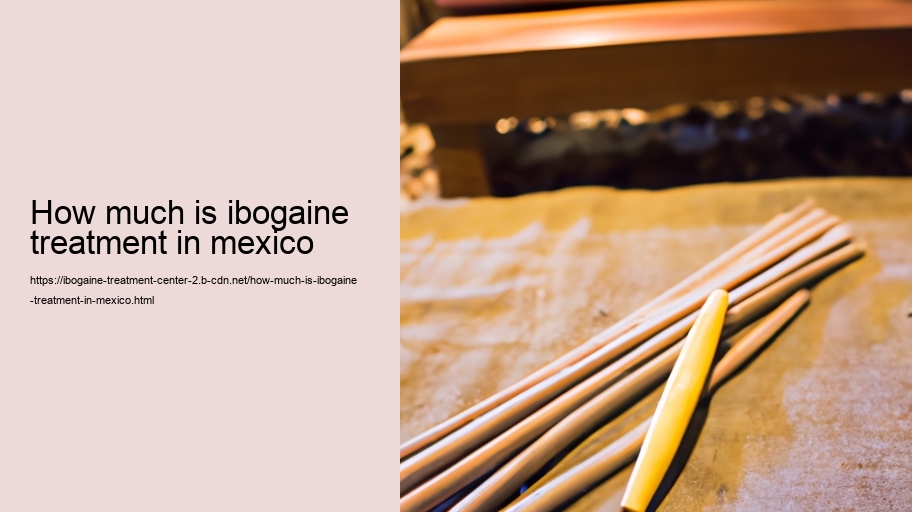Ibogaine Treatment in Mexico: A Glimpse into Costs and Considerations
In the quest for alternative therapies to combat addiction, ibogaine treatment has emerged as a unique and controversial option. Ibogaine is a naturally occurring psychoactive substance derived from the West African shrub, Tabernanthe iboga. Its use has been associated with the reduction of withdrawal symptoms and cravings for substances like opioids, stimulants, and alcohol. While not approved for medical use in many countries including the United States, it has found a place in clinics across the border in Mexico. Individuals seeking this treatment often wonder about its cost and what factors influence it.
The price of ibogaine treatment in Mexico can vary widely based on several aspects such as location, facility reputation, length of stay, medical staff expertise, and aftercare services provided. Generally speaking, you can expect to pay somewhere between $3,000 to $7,000 USD for a standard treatment program which typically lasts around one week. However, some luxury facilities may charge upwards of $10,000 or more due to additional amenities aimed at providing a more comfortable healing environment.
One must consider that these costs often encompass much more than just the administration of ibogaine itself. Comprehensive programs include pre-treatment assessment (often involving EKG and liver function tests), round-the-clock medical supervision during the detoxification process as well as psychological support through counseling sessions. Nutritional support and various forms of therapy such as yoga or meditation might also be included depending on the clinic's approach to holistic care.
It’s important for those interested in pursuing ibogaine treatment to do thorough research not only regarding cost but also about the credibility of the facility they choose. Since this form of therapy is not regulated in Mexico like conventional treatments are in other countries, standards can fluctuate significantly from one center to another. Prospective patients should look for centers with experienced medical staff who specialize in addiction medicine and have protocols set up for dealing with emergencies.
Moreover, individuals must be keenly aware that while some report positive outcomes from ibogainetherapy—such as reduced withdrawal symptoms or decreased desire for addictive substances—it remains experimental with no guarantee of success. Additionally,the safety profile of ibogainetreatment is still under scrutiny; there have been reported cases where underlying health conditions have led to adverse events or even fatalities when taking ibogaine.
Given its legal status elsewhere,making the trip down to Mexico represents not just a financial investment but an adherence to hope outside conventional recovery methods.It'sa leapof faith guided by both desperationand determinationto find solace from addiction's grip.Despite mixed reviewsand potential risks,some viewthe substantial costas an investmentin their future—a chancefora renewed leaseon life freefrom dependency shackles.
In conclusion,the expense involvedin undergoingiboga inetreatmentin Mexicocan be considerable,yetit cannotbe weighed solelyin monetaryterms.For many,the truevalue lieswithinthepossibilityof transformationanda path towardssobrietythat traditionalmethods havenot affordedthem.Ultimately,it isa highlypersonaldecisionthat requirescareful considerationof boththe potentialbenefitsand therisks.By approachingthis journeywith cautionand informedinsight,persons strugglingwith addictioncansensiblydecideif thisavenueis rightfor themandelicitwhetherthe costcanjustifywhat mayprovetobe priceless—their recovery.
